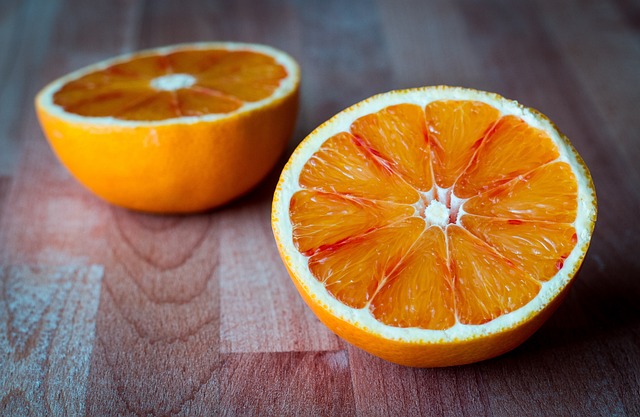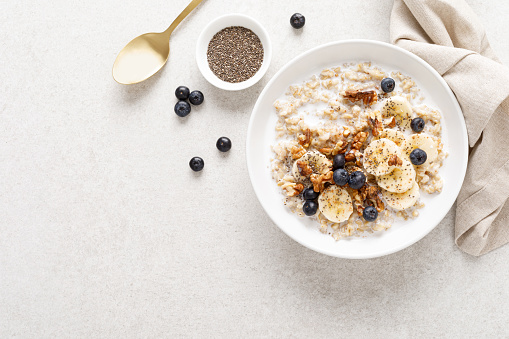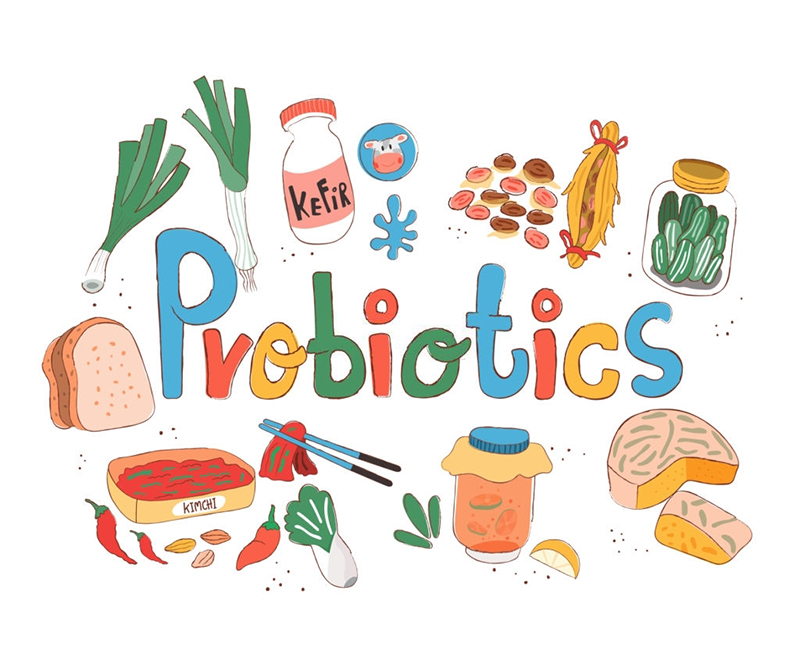Probiotics and prebiotics are two terms that are often used interchangeably, but they are not the same thing. Both are crucial for supporting gut health, but they work in different ways. In this article, we’ll explore the difference between probiotics and prebiotics and how they can benefit your health.
What are Probiotics?
Probiotics are live microorganisms that are beneficial for your health, particularly for your digestive system. They can naturally occur in your body or be found in certain foods and supplements. The most common probiotic strains include Lactobacillus and Bifidobacterium.
Probiotics work by colonizing your gut with beneficial bacteria. These bacteria help to regulate your gut microbiome by crowding out harmful bacteria and promoting the growth of beneficial ones. This helps to maintain a healthy balance of bacteria in your gut, which is essential for optimal digestion, nutrient absorption, and immune function.
What are Prebiotics?
Prebiotics are a type of fiber that is found in certain foods, such as fruits, vegetables, and whole grains. Prebiotics are not digested by the human body, but they serve as food for the beneficial bacteria in your gut. This helps to promote the growth of beneficial bacteria and maintain a healthy balance of bacteria in your gut.
The Difference Between Probiotics and Prebiotics
While probiotics and prebiotics both support gut health, they work in different ways. Probiotics are live microorganisms that help to colonize your gut with beneficial bacteria, while prebiotics serve as food for the beneficial bacteria in your gut.
Probiotics are found in certain foods, such as yogurt, kefir, and fermented vegetables, as well as in supplements. Prebiotics are found in a variety of foods, including bananas, onions, garlic, asparagus, and whole grains.
The Benefits of Probiotics and Prebiotics
Both probiotics and prebiotics offer a wide range of health benefits for your gut and overall health. Here are some of the ways that probiotics and prebiotics can benefit your health:
1. Support Digestive Health
Probiotics and prebiotics can improve your digestive health by promoting the growth of beneficial bacteria in your gut. This helps to maintain a healthy balance of bacteria in your gut and reduce inflammation, which can alleviate common digestive issues, such as bloating, gas, constipation, and diarrhea.
2. Boost Your Immune System
Probiotics and prebiotics can help to strengthen your immune system by promoting the growth of beneficial bacteria in your gut. These friendly bacteria help to fight off harmful pathogens that can cause infections and illnesses, such as colds, flu, and even COVID-19.
3. Improve Mental Health
The gut-brain axis is a bidirectional communication system that links your gut to your brain. Probiotics and prebiotics can improve your mental health by promoting a healthy gut microbiome and reducing inflammation in your gut, which can have a positive impact on your mood and cognitive function.
4. Reduce Inflammation
Probiotics and prebiotics can reduce inflammation in your gut by balancing the bacteria in your gut and reducing the production of pro-inflammatory compounds.
5. Promote Weight Loss
Probiotics and prebiotics can promote weight loss by improving the gut microbiome and reducing inflammation. They can also help to regulate appetite and reduce the absorption of dietary fat.
How to Incorporate Probiotics and Prebiotics into Your Diet
Incorporating probiotic-rich foods and prebiotic-rich foods into your diet is an easy and delicious way to support your gut health. Here are some of the best probiotic-rich foods to add to your diet:
Here are some of the best prebiotic-rich foods to add to your diet:
- Bananas
- Onions
- Garlic
- Asparagus
- Whole grains
- Chicory root
- Jerusalem artichoke
- Dandelion greens
Probiotic and prebiotic supplements are also available, but it is important to choose a high-quality product from a reputable company.
Final Thoughts
Probiotics and prebiotics are both crucial for supporting gut health and overall well-being. Probiotics are live microorganisms that help to colonize your gut with beneficial bacteria, while prebiotics serve as food for the beneficial bacteria in your gut. By incorporating probiotic-rich foods and prebiotic-rich foods into your diet and choosing a high-quality probiotic or prebiotic supplement, you can support your gut health and overall well-being.







